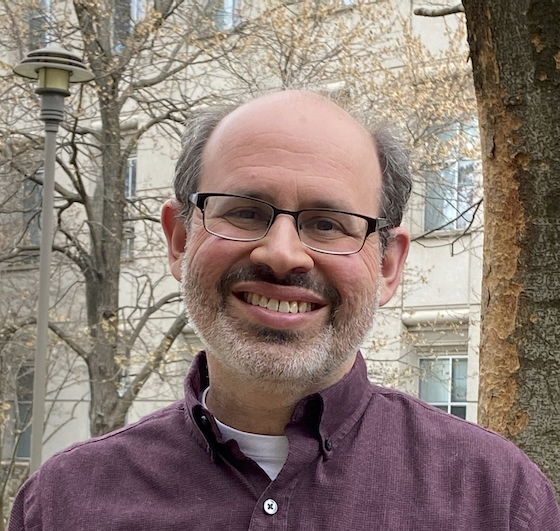
David Tobin, PhD
Tuberculosis is the leading cause of death from infectious disease worldwide, causing over 1 million deaths annually. Our laboratory combines model organisms, high-resolution intravital microscopy, and human and bacterial genetics to understand the host immune response during mycobacterial infection. Using a zebrafish model of infection, we have been able to define molecular and cellular mechanisms by which pathogenic mycobacteria manipulate the host immune system to survive and replicate.
David Tobin, a 2013 Vallee Scholar, is a Professor of Molecular Genetics and Microbiology and Integrative Immunobiology at Duke University, where his research focuses on understanding genetic susceptibility to tuberculosis and the host immune response to mycobacterial infection. He trained as a graduate student with Cori Bargmann at the University of California, San Francisco and completed a postdoctoral fellowship with Lalita Ramakrishnan at the University of Washington. He is a Fellow of the American Association for the Advancement of Science (AAAS) and the American Academy of Microbiology and has been a recipient of the NIH Director’s New Innovator Award, a Searle Scholar Award, a Mallinckrodt Scholar Award, an ICAAC Young Investigator Award from the American Society of Microbiology and a Whitehead Scholar Award. Before beginning his postdoctoral fellowship, he lived and taught in Guatemala, where he continues to collaborate..